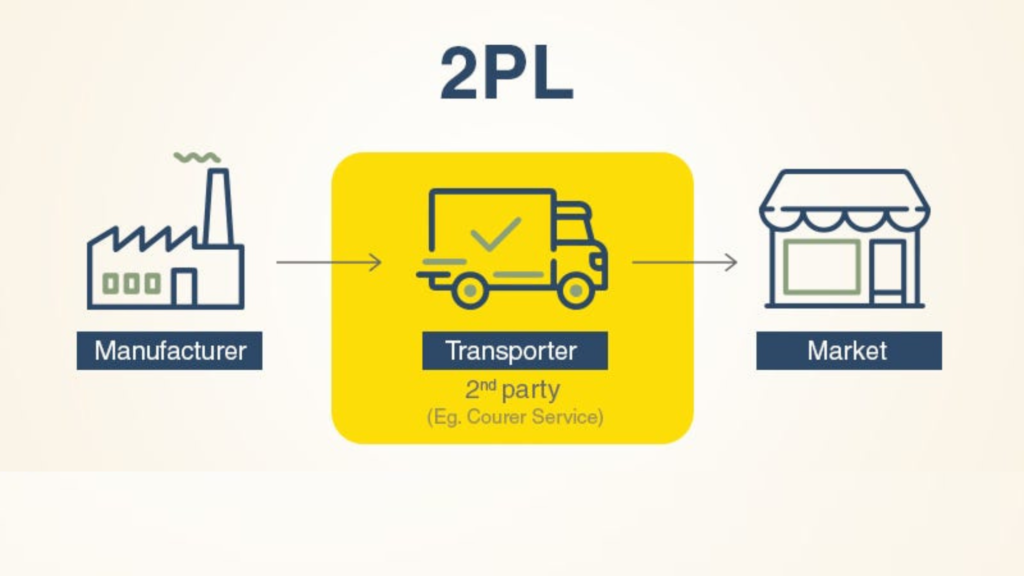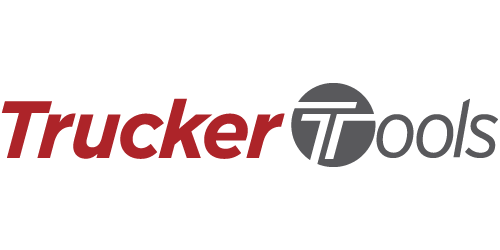In the realm of logistics, 2PL (Second-Party Logistics) companies play a vital role in the efficient movement of goods. With a focus on transportation and warehousing, 2PL logistics providers offer essential services that help businesses streamline their supply chain operations. This article aims to provide a comprehensive understanding of 2PL logistics companies, their key functions, and their significance within the logistics industry.
What is a 2PL Logistics Company? A 2PL logistics company, also known as a second-party logistics provider, primarily focuses on transportation and warehousing services. Unlike other types of logistics providers, such as 1PL (First-Party Logistics) or 3PL (Third-Party Logistics) companies, a 2PL provider is typically an asset-based organization that owns its own transportation and storage facilities. They work directly with the shipper or cargo owner to fulfill their logistical needs.
Key Functions of 2PL Logistics Companies:
- Transportation Services: One of the primary functions of a 2PL logistics company is to arrange and manage the transportation of goods from one location to another. They leverage their fleet of trucks, trains, ships, or planes to ensure efficient and timely delivery of cargo. This involves handling various aspects, including route planning, carrier selection, and shipment tracking.
- Warehousing and Storage: 2PL logistics companies own and operate warehouses or distribution centers to provide storage solutions for their clients’ goods. These facilities are equipped with inventory management systems, security measures, and efficient handling equipment to ensure proper storage, organization, and inventory control.
- Order Fulfillment: A crucial aspect of 2PL logistics is order fulfillment. These companies handle the picking, packing, and shipping of products, ensuring accurate and timely order processing. By efficiently managing inventory and coordinating with transportation providers, 2PL logistics companies play a significant role in optimizing supply chain operations.
- Freight Consolidation: 2PL providers often consolidate shipments from multiple clients to maximize efficiency and reduce transportation costs. By combining smaller shipments into larger, more cost-effective loads, they can optimize transportation resources, minimize empty space in vehicles, and enhance overall supply chain efficiency.
- Documentation and Compliance: 2PL logistics companies handle various documentation tasks, such as bill of lading preparation, customs clearance, and regulatory compliance. They ensure that all necessary paperwork and legal requirements are met, facilitating smooth and seamless transportation of goods across borders.
Benefits of 2PL Logistics Companies:
- Expertise and Infrastructure: 2PL logistics companies possess specialized knowledge and infrastructure dedicated to transportation and warehousing. Their expertise and resources enable efficient handling, storage, and delivery of goods, enhancing overall supply chain performance.
- Cost Efficiency: By utilizing their transportation and warehousing assets, 2PL providers can offer cost-effective solutions for their clients. Consolidation of shipments and optimized route planning help reduce transportation costs, while efficient warehousing practices minimize storage expenses.
- Flexibility and Scalability: 2PL logistics companies offer flexible services that can adapt to the changing needs of businesses. As they own their assets, they can scale their operations up or down to accommodate fluctuating demand, providing businesses with the agility they need to respond to market dynamics.
- Focus on Core Competencies: By outsourcing transportation and warehousing functions to a 2PL provider, businesses can concentrate on their core competencies, such as production, sales, and customer service. This allows them to enhance their competitive advantage while leaving the logistics operations in the hands of experts.
Conclusion: 2PL logistics companies play a critical role in the supply chain ecosystem by offering transportation and warehousing solutions. Their expertise, infrastructure, and focus on core logistics functions contribute to the efficient movement of goods and overall supply chain optimization. By leveraging the services of a reliable 2PL logistics provider, businesses can streamline their operations, reduce costs, and enhance customer satisfaction.













